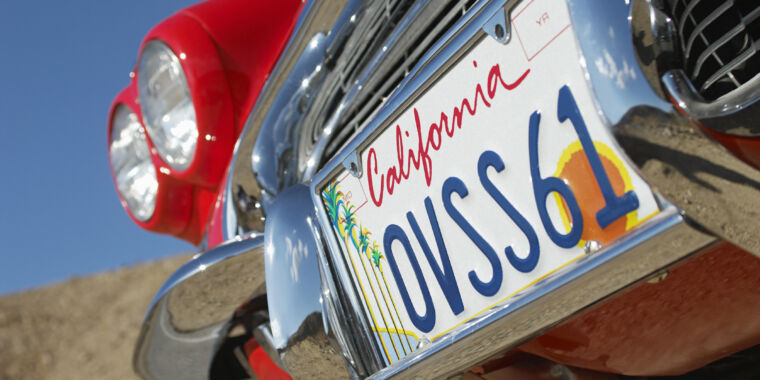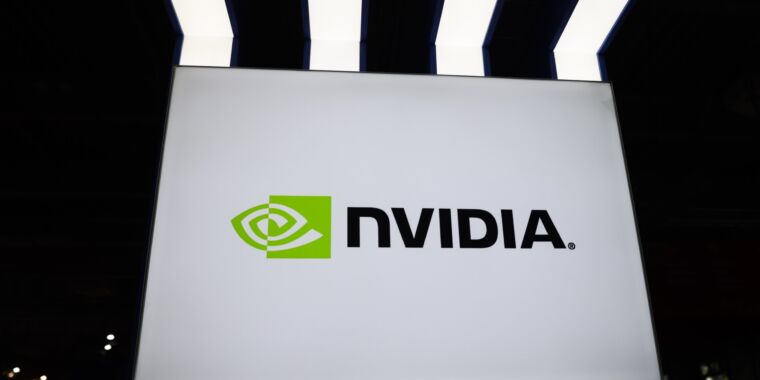Getty Images | Daniel Bartel/ISI Photos/USSF
The US government today sued Live Nation and its Ticketmaster subsidiary in a complaint that seeks a breakup of the company that dominates the live music and events market.
The US Department of Justice is seeking “structural relief,” including a breakup, “to stop the anticompetitive conduct arising from Live Nation’s monopoly power.” The DOJ complaint asked a federal court to “order the divestiture of, at minimum, Ticketmaster, along with any additional relief as needed to cure any anticompetitive harm.”
The District of Columbia and 29 states joined the DOJ in the lawsuit filed in US District Court for the Southern District of New York. “One monopolist serves as the gatekeeper for the delivery of nearly all live music in America today: Live Nation, including its wholly owned subsidiary Ticketmaster,” the complaint said.
US Attorney General Merrick Garland said during a press conference that “Live Nation relies on unlawful, anticompetitive conduct to exercise its monopolistic control over the live events industry in the United States… The result is that fans pay more in fees, artists have fewer opportunities to play concerts, smaller promoters get squeezed out, and venues have fewer real choices for ticketing services.”
“It is time to break it up,” Garland said.
Live Nation: We aren’t a monopoly
Garland said that Live Nation directly manages more than 400 artists, controls over 60 percent of concert promotions at major venues, and owns or controls over 60 percent of large amphitheaters. In addition to acquiring venues directly, Live Nation uses exclusive ticketing contracts with venues that last over a decade to exercise control, Garland said.
Garland said Ticketmaster imposes a “impose seemingly endless list of fees on fans,” including ticketing fees, service fees, convenience fees, order fees, handling fees, and payment processing fees. Live Nation and Ticketmaster control “roughly 80 percent or more of major concert venues’ primary ticketing for concerts and a growing share of ticket resales in the secondary market,” the lawsuit said.
Live Nation defended its business practices in a statement provided to Ars today, saying the lawsuit won’t solve problems “relating to ticket prices, service fees, and access to in-demand shows.”
“Calling Ticketmaster a monopoly may be a PR win for the DOJ in the short term, but it will lose in court because it ignores the basic economics of live entertainment, such as the fact that the bulk of service fees go to venues and that competition has steadily eroded Ticketmaster’s market share and profit margin,” the company said. “Our growth comes from helping artists tour globally, creating lasting memories for millions of fans, and supporting local economies across the country by sustaining quality jobs. We will defend against these baseless allegations, use this opportunity to shed light on the industry, and continue to push for reforms that truly protect consumers and artists.”
Live Nation said its profits aren’t high enough to justify the DOJ lawsuit.
“The defining feature of a monopolist is monopoly profits derived from monopoly pricing,” the company said. “Live Nation in no way fits the profile. Service charges on Ticketmaster are no higher than other ticket marketplaces, and frequently lower.” Live Nation said its net profit margin last fiscal year was 1.4 percent and claimed that “there is more competition than ever in the live events market.”





